Training
 The Institute for Innovative Family Programs’ Training!
The Institute for Innovative Family Programs’ Training!
We offer high-quality, relevant trainings for early childhood professionals in national models, like Circle of Security for the Classroom, PITC, Positive Discipline and more.
We also provide education for parents of children prenatal – 5 through programs like Abriendo Puertas/Opening Doors and Circle of Security for Parents.
Check out our upcoming offerings below!

Early Childhood
Professional Development
The Institute for Innovative Family Programs (IIFP) is pleased to offer the following trainings AT NO COST to early childhood professionals in New Mexico, in collaboration with Santa Fe Community College and the Early Childhood Center of Excellence (ECCOE).
Learn more about these opportunities below and get registered now!

FORMACIÓN EN ESPAÑOL

ATENCIÓN Y CUIDADOS SOBRE EL TRAUMA EN INFANTES Y NIÑOS PEQUEÑOS
Aprenda cómo el personal que atiende a bebés y niños pequeños puede ayudar a quienes han sufrido traumas o corren el riesgo de sufrirlos.
Esta serie ofrece a los cuidadores de bebés y niños pequeños, ya sea en el hogar o en el aula, información y materiales que se centran en la influencia del trauma en el desarrollo infantil, estrategias y prácticas de cuidado sensibles al trauma, formas de apoyar la resiliencia familiar y estrategias para fortalecer el bienestar del cuidador.
Esta clase es impartida por Deya Contreras.
16, 23, y 30 de octubre
(miércoles)
6pm – 7:30pm

IN-PERSON TRAINING

PYRAMID MODEL FOR INFANT AND TODDLER CLASSROOMS
The Pyramid Model promotes the social, emotional, and behavioral development of young children. The emphasis of this evidence-based framework is to support all children at the universal level, so that only a very small percentage of children will need intensive intervention. The guiding principles of this model include promoting skill building with enough intensity to affect change, implementing strategies in the context of naturally occurring routines and environments, and modifying strategies so they are responsive to the cultural and linguistic diversity of families and children.
This class is taught by Jackie Shipley and Anastasia Topping.
CHOOSE ONE:
September 21 in Albuquerque
October 5 in Santa Fe
November 16 in Las Cruces
(Saturdays)
9am-4pm

FORMACIÓN PRESENCIAL EN ESPAÑOL

PYRÁMIDE PARA CUIDADORES DE BEBÉS Y NIÑOS PEQUEÑOS
El Modelo Piramidal promueve el desarrollo social, emocional y conductual de los niños pequeños. El énfasis de este marco basado en la evidencia es apoyar a todos los niños en el nivel universal, de modo que sólo un porcentaje muy pequeño de niños necesite una intervención intensiva. Los principios rectores de este modelo incluyen la promoción del desarrollo de habilidades con la intensidad suficiente para producir cambios, la aplicación de estrategias en el contexto de rutinas y entornos naturales y la modificación de estrategias para que respondan a la diversidad cultural y lingüística de las familias y los niños.
Esta clase es impartida por Deya Contreras y Stefanie Najera.
ELIJA UNO:
21 de septiembre
5 de octubre
16 de noviembre
(los sábados)
9am-4pm
TRAININGS
Past Offerings

TRAINING

BUILDING A STRONG ATTACHMENT: CIRCLE OF SECURITY FOR TEACHERS
6, 13, and 20 of June, 2024
(Thursday)
6pm – 7:30pm

TRAINING

INVESTING IN YOURSELF AND YOUR FAMILY
This course supports home visitors to learn the basics of financial literacy so when families ask questions, home visitors are prepared to address basic financial skill-building. Home visitors in this course will learn about budgeting, tips to save money and basic financial planning. Material will be shared in a way that empowers home visitors to address family questions about finances, budgeting and saving.
September 26 – October 17, 2023
(Tuesdays)
10am-11:30am

TRAINING
TRAUMA RESPONSIVE CARE FOR EARLY CHILDHOOD CLASSROOM TEACHERS
The Trauma Responsive Care for Infants and Toddlers in Child Care series focuses on how the infant/toddler workforce can support infants, toddlers, and families who have experienced or who are at risk for experiencing trauma.
November 9, 2023 (Thursday)
November 13, 2023 (Monday)
and November 14, 2023 (Tuesday)
6pm – 7:30pm
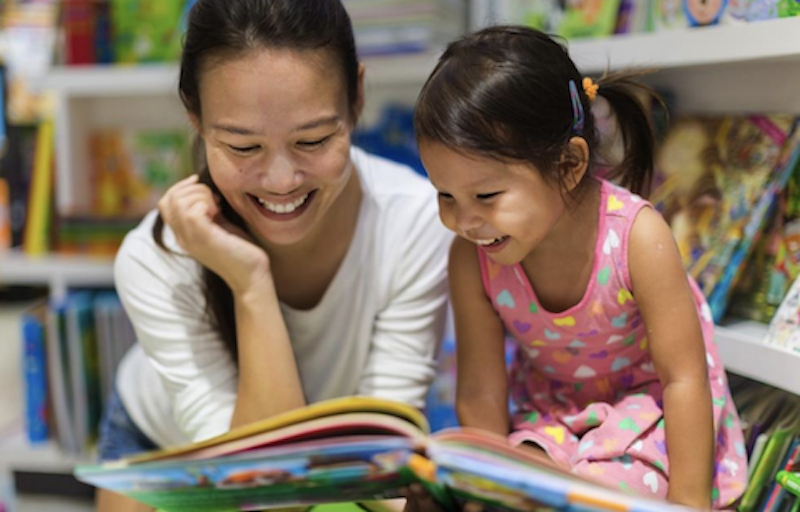
TRAINING

Building Strong Attachment: Circle of Security Training for Infant/Toddler Classroom Teachers
COSP Classroom Professional Learning Series equips early care professionals with learning opportunities, provides a clear model of children’s attachment needs, and highlights the importance of the teacher in responding to these needs.
September 20 – November 8, 2023
(Wednesdays)
6pm – 7:30pm

TRAINING

INVESTING IN YOURSELF AND YOUR FAMILY
This course supports home visitors to learn the basics of financial literacy so when families ask questions, home visitors are prepared to address basic financial skill-building. Home visitors in this course will learn about budgeting, tips to save money and basic financial planning. Material will be shared in a way that empowers home visitors to address family questions about finances, budgeting and saving.
September 26 – October 17, 2023
(Tuesdays)
10am-11:30am

TRAINING IN SPANISH

CONSTRUYENDO RELACIONES FUERTES: DISCIPLINA POSITIVA PARA PROFESIONALES
Disciplina Positiva brinda a los maestros las herramientas para enseñar a los jóvenes a convertirse en miembros responsables, respetuosos e ingeniosos de sus comunidades de maneras que empoderen tanto a niños como a adultos.
23 y 30 de enero de 2024
(Martes)
6pm – 7:30pm

TRAINING
BUILDING RESILIENCE IN CHILDREN THROUGH RELATIONSHIPS: POSITIVE DISCIPLINE FOR EARLY CHILDHOOD PROFESSIONALS
Positive Discipline gives teachers the tools to teach young people to become responsible, respectful and resourceful members of their communities in ways that are empowering for children and adults.
February 13 and 20, 2024
(Tuesdays)
6pm – 7:30pm

TRAINING IN SPANISH

EDUCACIÓN FINANCIERA PARA FAMILIAS
5, 12, 19 Y 26 de febrero de 2024
(Lunes)
6pm – 7:30pm

TRAINING
FAMILY FINANCIAL LITERACY
February 27, March 5, 12, and 19 (Tuesdays)
6pm – 7:30pm

TRAINING
FAMILY FINANCIAL LITERACY
Take charge of your family’s finances. Gain a deeper understanding of personal financial management, goal setting, saving and compound interest, debt reduction, budgeting/spending plans, and credit. Material will be shared in a way that empowers you to take charge of your finances and improves your relationship with money.
Professionals who work with families will gain tools to help clients adopt healthy strategies and will build confidence in talking about this sensitive topic. You do not need to be a millionaire to help someone raise their financial capability.
This class is taught by Mireya Schumaker.
August 28, September 4, 11, and 18
(Wednesdays)
6pm – 7:30pm

FORMACIÓN EN ESPAÑOL

DISCIPLINA POSITIVA
La Disciplina Positiva es una forma de enseñar y guiar a los niños haciéndoles saber qué comportamiento es aceptable de una manera firme, pero amable. Recientes investigaciones sobre el cerebro han confirmado que las personas aprenden mejor cuando se sienten seguras y conectadas con los demás, en el contexto de relaciones seguras. Por lo tanto, el objetivo es enseñar creando primero relaciones seguras con los niños. La conexión debe preceder a la corrección para que la orientación sea eficaz a largo plazo. La herramienta más poderosa para enseñar a los niños es modelar lo que queremos que hagan o sean.
Esta clase es impartida por Stefanie Najera.
11, 18, y 25 de septiembre
(miércoles)
6pm – 7:30pm

TRAINING

CIRCLE OF SECURITY TRAINING FOR EARLY CHILDHOOD TEACHERS
COSC Classroom Professional Learning Series equips early care professionals with learning opportunities, provides a clear model of children’s attachment needs, and highlights the importance of the teacher in responding to these needs to support secure relationships in the classroom. Caregivers will move from behaviorist approaches to social-emotional learning by looking at the ways attachment needs are communicated through children’s behavior, and then find caring ways to help meet those needs.
The class is taught by Andrea Slatoposky.
September 18 and 25
October 2, 9, 23, and 30
November 6 and 13
(Wednesdays)
6pm – 7:30pm
No class on Oct 16

TRAINING

TRAUMA RESPONSIVE CARE FOR INFANTS AND TODDLERS IN CHILD CARE
Learn how the infant/toddler workforce caregivers in either home or classroom settings can support those in their care who have experienced trauma or are at risk for experiencing trauma.
Understand the influence of trauma on child development, trauma-responsive care strategies and practices, ways to support family resilience, and strategies to strengthen caregiver wellness and well-being. Discuss the importance of caregiver wellness and well-being and explore ways to foster resilience. Explore how to establish trauma-responsive practices in infant/toddler programs.
This class is taught by Molly McBranch.
September 19, 26 and October 3

Community Health Worker/Home Visiting
Certificate Course


Community Health Worker/Home Visitor Certificate Course
In this 16-week course, students earn 10 higher education credits and learn foundational home visitation skills, including communication, strategies to navigate difficult conversations with families, ethical practice, pregnancy, birth, postpartum and early childhood development, how to introduce and implement screening tools, linking families to community resources, managing home visits and more. Enrolling now for upcoming semesters

CHW

CHW – COMMUNITY HEALTH WORKER CERTIFICATE
In this 16-week course, students earn 10 higher education credits and learn foundational home visitation skills, including communication, strategies to navigate difficult conversations with families, ethical practice, pregnancy, birth, postpartum and early childhood development, how to introduce and implement screening tools, linking families to community resources, managing home visits and more. Enrolling now for upcoming semesters
ONGOING
Contract Training
CONTACT US
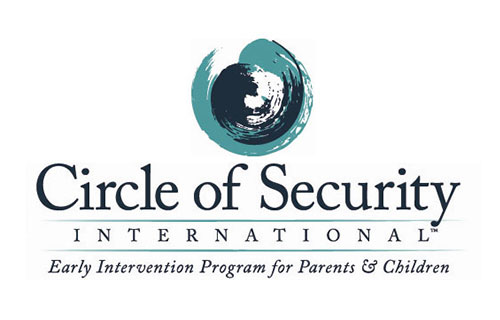
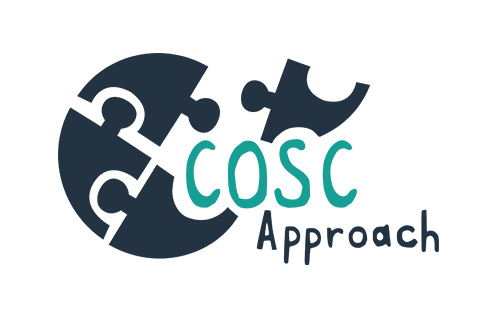
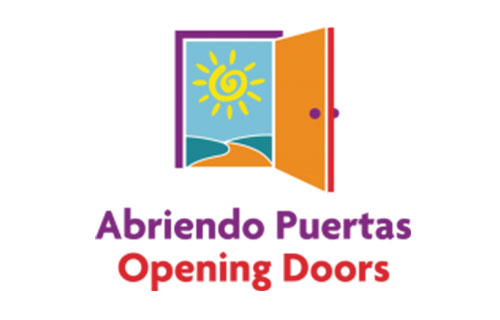
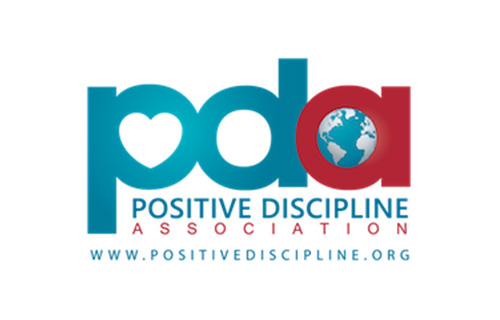
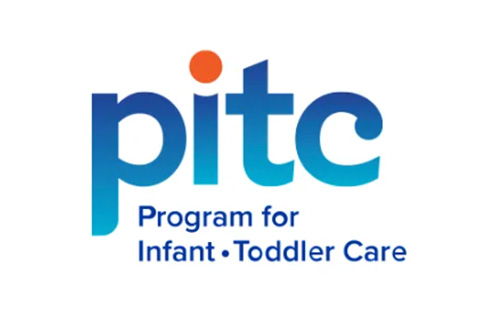

 Registration Link Coming Soon for This Training!
Registration Link Coming Soon for This Training!